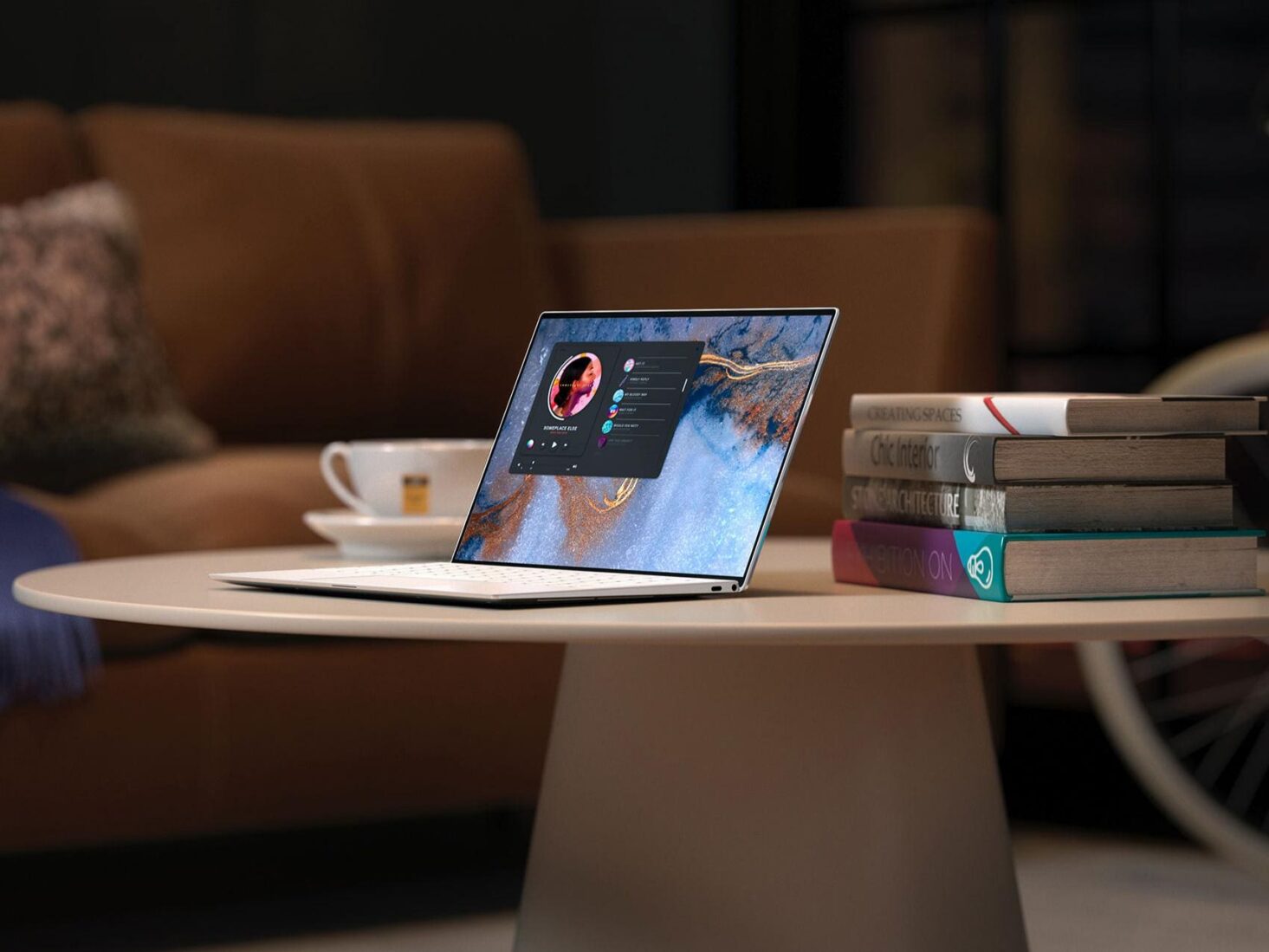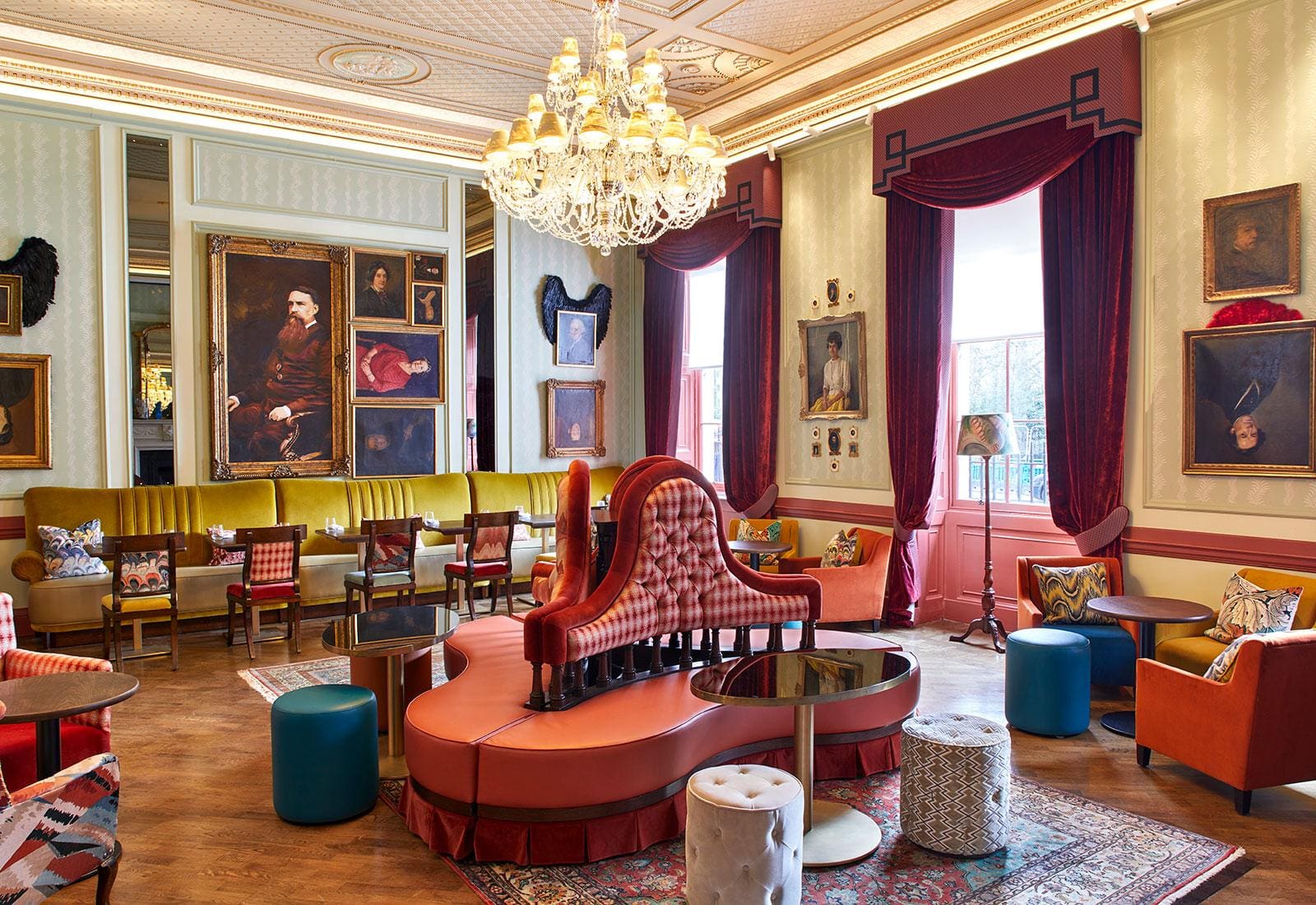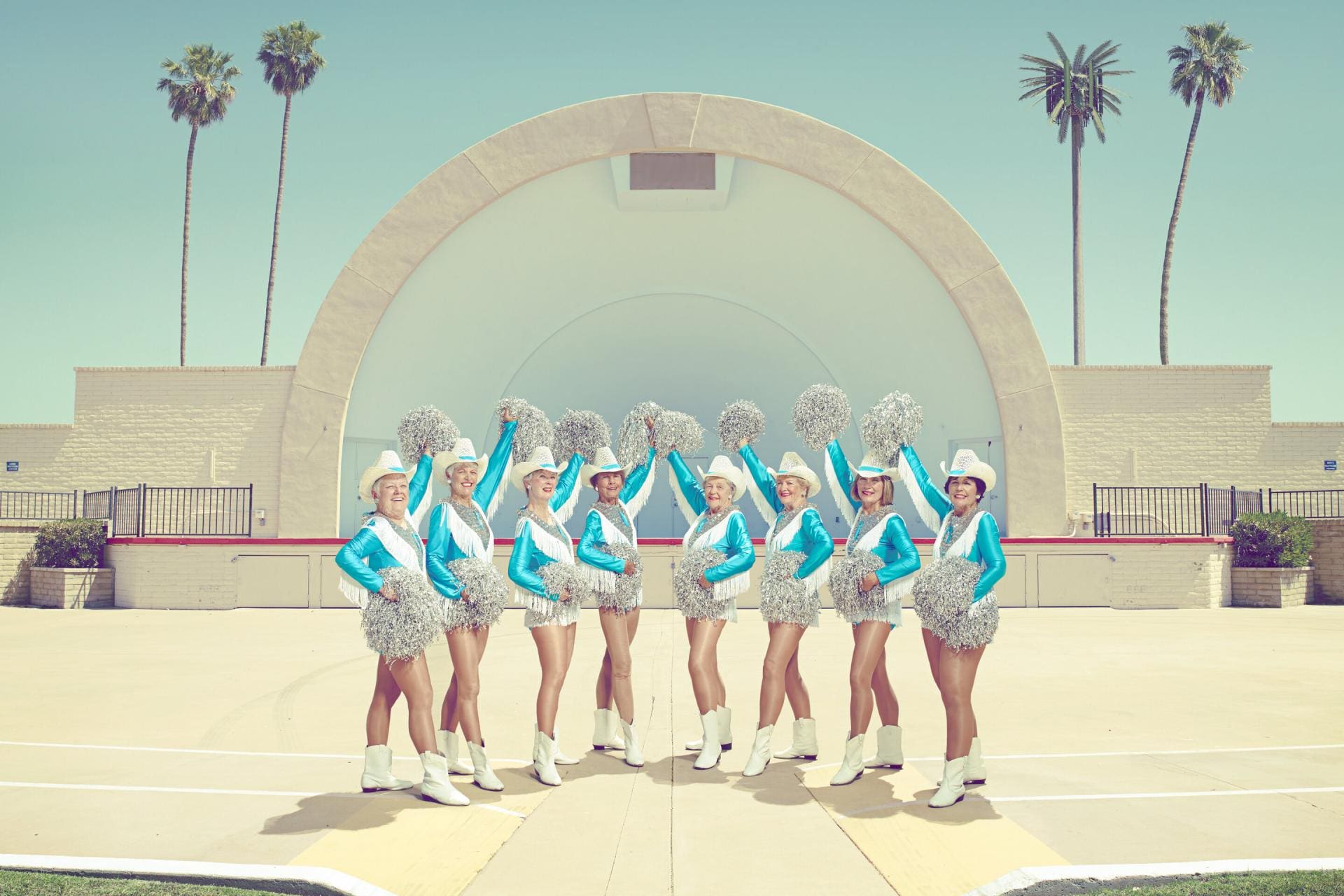
Is it time you joined a virtual members’ club?
With the pandemic closing the doors of traditional clubs, a host of online alternatives have sprung up to take their place – but are they worth the effort of getting yourself through the digital door?
Even if you’re not on Clubhouse (and with an elite membership of just 600,000 internationally, chances are you’re not), you’ve almost certainly heard of it. The audio-only members’ club app appeared in the Apple store – sorry Android fans, this one’s iOS only – in April 2020 to fill the pandemic-initiated void for those whose greatest pleasure in life was to spend a weekend celebrity spotting at Soho House.
Incredibly, it worked. Early adoptees include Oprah, Drake, Jared Leto and Virgil Abloh, and unlike Soho House, where a certain level of courage is required to strike up a conversation with your favoured celebrity, in Clubhouse, no-one is off limits. Users gather in ‘rooms’ where they can start or join conversations about art, music, culture, tech, film and more, and everyone is welcome to raise their virtual hand and ask a question. Crucially, no conversations are ever recorded which, the app’s designers say, creates a safe space for all users (famous faces included) to speak openly. Reports that recent Clubhouse debates between ‘names you would know’ have become quite heated is only fuelling the FOMO fire for those not on the app. Because, of course, there’s a catch.
While the app’s website may say its team is ‘working hard to open things up soon’, the true appeal of Clubhouse lies in the fact that it’s incredibly difficult to get into. Just like the arduous committee process required to gain entry to the capital’s most coveted members’ clubs, Clubhouse is strictly invite only. If you don’t know someone connected enough to already be on the inside, then get to the back of the waiting list.
Which begs the question: is it worth pleading with your sister’s husband’s work-mate’s cousin who opened for Drake in 2009 to get an invite? Can apps like Clubhouse really fill the need for human connection in the same way that physical members’ clubs did before the pandemic?

According to Sarah Hyde, marketing consultant at London members’ club Home House, the answer is, not really. “I’m on Clubhouse and I think it’s incredible, but the one thing it does lack is that person-to-person feel,” she says. “It’s more like listening to a podcast in a sense, you’re in a room listening to experts and it’s great, but one thing we want more than ever is real human connection.”
Hyde likens the experience to online dating – a modern necessity, especially during the pandemic, but one that will never replace the feeling of meeting someone face-to-face. There is no doubt that Clubhouse will continue to thrive post-pandemic but, she says, not in the place of traditional members’ clubs. “You don’t realise what you’re missing until you’re back with people. I like going on Clubhouse but it’s meeting a different need,” she says. “Thank god for virtual, it is amazing and, there’s no doubt about it, the world is changing and we’ll have to adapt, but I do think inevitably people do still want and need human connection.”
One space that the pandemic has supercharged is virtual clubs that cater to very specific audiences. Although Glorious, a new digital members’ club focused on women’s sport and the lifestyle surrounding it, has been in the works for a few years, editorial director Alison Root says there’s “no doubt” the pandemic has led to greater interest in the platform. “It’s early days but just the fact that people are spending more time online and on social media means there’s a stronger appetite for Glorious,” she says.

Officially launching on 26 February, Glorious has already begun building its membership via social media, amassing an audience of highly-engaged sport enthusiasts that appreciate its aesthetics-driven approach. “Traditional sports coverage can be quite dry, there’s a lot of numbers and statistics,” explains Root. “For many women, sport means so much more than that, it’s about more than just people with medals. With Glorious, everything will be done through the lens of art and culture because so much of that, like fashion and music, is intrinsically linked to sport.”
Like Clubhouse, Glorious will take a content-driven approach but on a broader spectrum, offering exclusive pieces from writers, filmmakers, artists and photographers, alongside (initially virtual) events and promotions from partner brands. Early collaborations are already in the works with Miquita Oliver, Coco Capitan and Al Greenwood. Crucially, however, Glorious is open to everyone. “There will be no vetting process and Glorious isn’t exclusive to women,” says Root. “We want to be as diverse as possible and create a club to give people a sense of belonging.”
This sentiment is echoed by Hyde, who explains that one of the real triumphs of the pandemic for Home House has been its ability to reach members on a more intimate basis. While some members’ clubs have chosen to offer membership freezes or credit to spend in-house when they reopen, Home House took an early decision to pivot to its own style of virtual members’ club. Or, as operations director Giuseppe De Wilde explains it, “We didn’t just want to switch off and say, ‘if you need something email us’. We want members to know we haven’t forgotten them.”
This meant switching to a programme of around four virtual events each week, which range from Burns’ Night suppers for 100 to seminars with international business leaders, creative writing classes for just a handful of participants and even Instagram Live palm readings and meditation sessions.

“A lot of people who join a members’ club are looking to meet people. During lockdown we’ve all been really isolated and, now more than ever, we’re really realising how important community is,” says Hyde. “That also means connecting with people who are like-minded and interested in the things you’re passionate about. With small virtual events we’ve been able to create sub-communities within our wider community and made every member feel like they have somewhere they belong.”
The elephant in the room, of course, is the cost of joining a club like Home House. While Clubhouse is free (if you can get in) and Glorious plans to charge a £4.99 per month fee, annual subscriptions to Home House stand at £1,940 for a full adult membership. Despite this, De Wilde is confident that members feel they’ve got value for money during lockdown.
“Ninety per cent of our online events have been free for members as we’ve absorbed the cost,” he explains. “Most of them have carried on with their membership and, especially for our overseas members, the virtual events have actually brought them closer to the House – especially during the summer when we were open but they couldn’t travel.”
So should you join a virtual private members’ club? If you’re craving stimulating conversation with new people it really does seem like these apps and clubs can offer something a Zoom with friends and family simply can’t. But, while those with deep enough pockets can continue to enjoy the perks of a club like Home House after we return to normality, will interest in online-only offerings fade post-pandemic?
Only time will tell. Although Clubhouse, if you’re reading, we wouldn’t turn you down.









